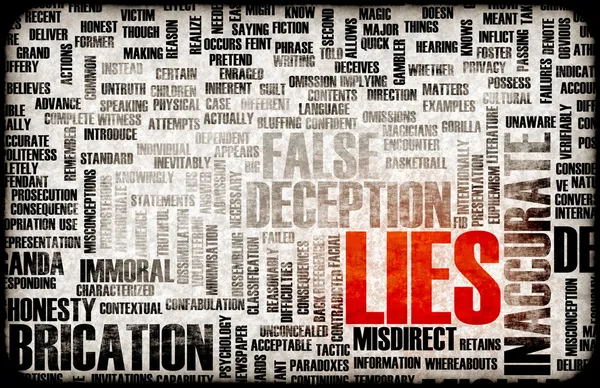Fact-free fantasies are all the rage
Shameless charlatans and flagrant fabulists are nothing new. But they seem to be proliferating rather wildly these days.
In only the latest of a slew of recent such scams, a man was just sentenced to five years in prison after raising $400,000 in a GoFundMe campaign, ostensibly for a homeless veteran. He and his companion spent much of the money on gambling, a BMW, a trip to Las Vegas, a helicopter ride over the Grand Canyon and designer handbags.
Then there’s Alex Jones, the conspiracy theorist radio host and operator of the website InfoWars, who, after a Texas jury’s ruling this month, must pay $45.2 million in punitive damages, in addition to $4.1 million in compensatory ones for spreading the lie that the 2012 Sandy Hook Elementary School shooting was a hoax “staged” by the government so it could “go after our guns,” and that none of the 20 children killed in that attack had actually died.
He called those all-too-real childrens’ parents, who had to identify and bury the bullet-riddled bodies of their young ones, “crisis actors,” resulting in their being retraumatized, and harassed and hounded by some of Jones’ faithful followers.
Previously, the popular fabler endorsed the “Pizzagate theory”—that Democratic Party operatives ran a global child-trafficking ring out of a DC pizzeria—and implied that a yogurt company was linked to an assault case and helped spread tuberculosis, both of which fact-free fantasies he was later forced to apologize for promoting.
Apparently inspired by Mr. Jones, Georgia Representative Marjorie Taylor Greene suggested that the man who opened fire on a Fourth of July parade in Highland Park, Illinois, this year, killing six, might have been part of an orchestrated effort to persuade Republicans to support gun control measures.
Millions of Americans believe, without evidence, that the 2020 presidential election was “stolen”; and millions, too (though there’s likely considerable overlap), that the 9/11 attacks were perpetrated by US government agents. Among the latter group is Michael Peroutka, the Republican Party nominee for Maryland attorney general.
According to a new study by UNESCO, approximately half the public content related to the Holocaust on the Telegram messaging service denies or distorts facts about the extermination of millions of Europe’s Jews.
And, with each year leaving us with fewer human witnesses to that evil, the noxious weeds of Holocaust denial are bound to infest the history garden.
Poised, too, to become a powerful engine further impelling our era of lies are “deepfakes.”
Those are videos produced with special software that makes it seem that an identifiable person is saying or doing something he or she has, well, neither said nor done. Photoshop on steroids.
The software, readily available and being constantly refined, can alter the words or gestures of a politician or other public figure, yielding the very fakest of fake news.
In 2019, Senator Marco Rubio, a member of the Senate Intelligence Committee, warned that “America’s enemies are already using fake images to sow discontent and divide us. Now imagine the power of a video that appears to show stolen ballots, salacious comments from a political leader, or innocent civilians killed in conflict abroad.”
According to a report released last week by technology company VMware, attacks using face- and voice-altering technology jumped 13% last year.
“Deepfakes in cyberattacks aren’t coming,” the company’s Rick McElroy said in a statement. “They’re already here.”
In March, for one example, a video posted to social media appeared to show Ukrainian President Volodymyr Zelensky directing his soldiers to surrender to Russian forces. It was a deepfake.
The 24-hour news cycle and expansion of social media platforms only compound the problem. “A lie,” as the saying often attributed to Mark Twain goes, “can travel halfway around the world while the truth is still putting on its shoes.” Today, it’s gone all the way around the world before truth even finds its shoes.
So there is ample cause for despair. Lies upon lies exposed, many more still claiming the gullible and a likely empowering of falsehood-promotion in the not-distant future.
But cause, too, perhaps, of hope.
Because Chazal (Sotah 49b) foretold that ha’emes tehei ne’ederes, “truth will go missing” one day: When the “footsteps of Moshiach” are approaching.
(c) 2022 Ami Magazine









